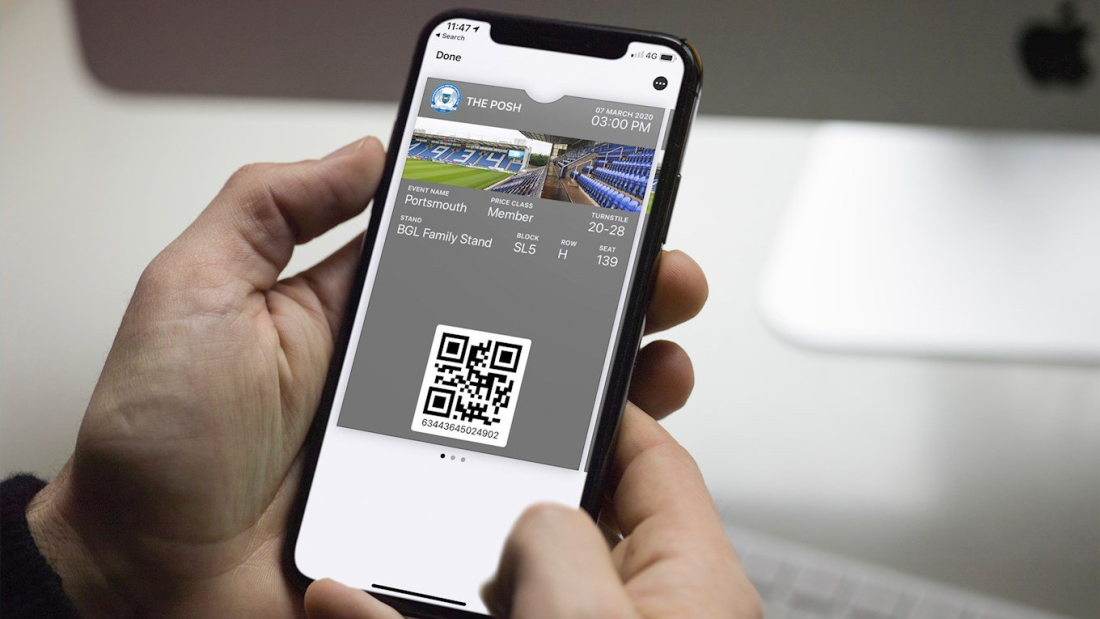
By Michael Esparza
In the not-so-distant past, the anticipation of attending an event was often accompanied by tangible proof of entry: a printed ticket. These paper tokens were not just passes to concerts, sports games, or theaters; they were souvenirs, tangible memories of experiences and emotions. However, as we’ve sailed into the digital age, printed tickets have become relics of a bygone era.
Today, gaining entry to events is a seamless, digital experience. The shift from physical to digital tickets has been driven by convenience, security, and the ever-growing integration of technology into our daily lives. Digital tickets are now stored on our smartphones, devices that have become extensions of ourselves, always at hand and central to our communication and entertainment.
E-tickets and mobile passes have revolutionized event entry, allowing attendees to bypass long lines at the box office and enter with a simple scan of a barcode or QR code. This transition not only saves time but also reduces the environmental impact by cutting down on paper waste. Furthermore, digital tickets can be easily transferred or resold through secure platforms, adding a layer of flexibility that printed tickets lack.
The digitalization of event entry has also enhanced security measures. With unique, often dynamically changing codes, the risk of counterfeit tickets has diminished. Event organizers can now manage attendance in real-time, gaining valuable insights into audience demographics and behaviors.
To summarize, tickets have largely transitioned to digital formats for several compelling reasons:
- Convenience: Digital tickets can be purchased and received instantly via email or through an app, eliminating the need for physical delivery or pickup.
- Accessibility: With smartphones becoming ubiquitous, digital tickets are easily accessible. You can store them on your device and present them at the event without worrying about losing a physical ticket.
- Security: Digital tickets often come with unique barcodes or QR codes, which reduce the risk of fraud and make it harder to produce counterfeit tickets.
- Cost-Effectiveness: Digital tickets save costs for both event organizers and attendees. There’s no need to print, ship, or handle physical tickets, which also reduces administrative overhead.
- Environmental Impact: E-tickets are more environmentally friendly, cutting down on paper use and waste.
- Data Collection: Digital ticketing systems allow event organizers to collect data on attendees, which can be used to improve future events and marketing efforts.
- Flexibility: Digital tickets can be easily transferred or resold through official platforms, providing flexibility for those whose plans may change.
- COVID-19 Pandemic: The pandemic accelerated the shift to digital as a means to reduce contact points and manage capacity restrictions more effectively.
The shift to digital tickets reflects a broader trend toward digitalization in many aspects of life, driven by technological advancements and changing consumer preferences. In essence, the evolution from print to digital tickets mirrors the broader transformation of society’s embrace of digital solutions. It reflects our desire for immediacy, efficiency, and sustainability. While some may miss the nostalgia of a physical stub, or they may resist or be unfamiliar with going digital, the benefits of digital entry are undeniable, marking a new chapter in how we experience the joy of events.










